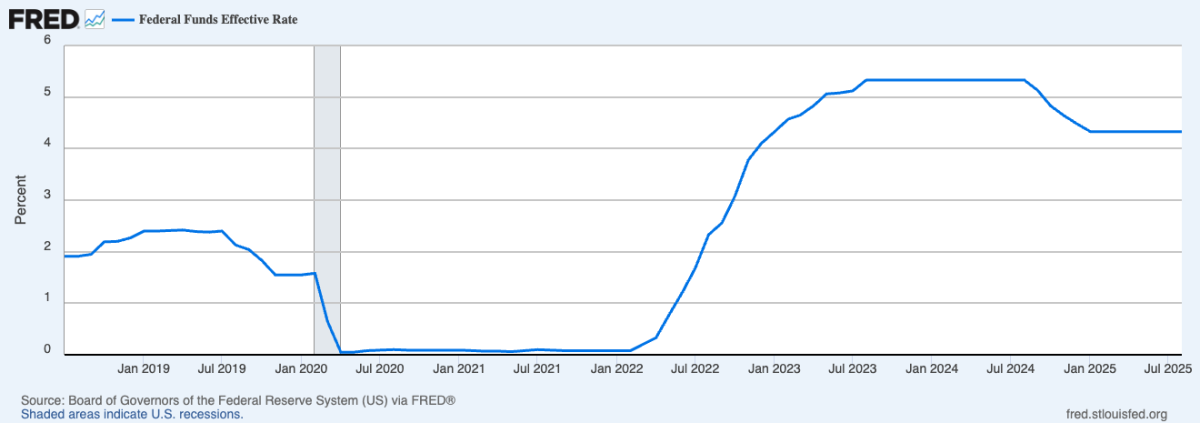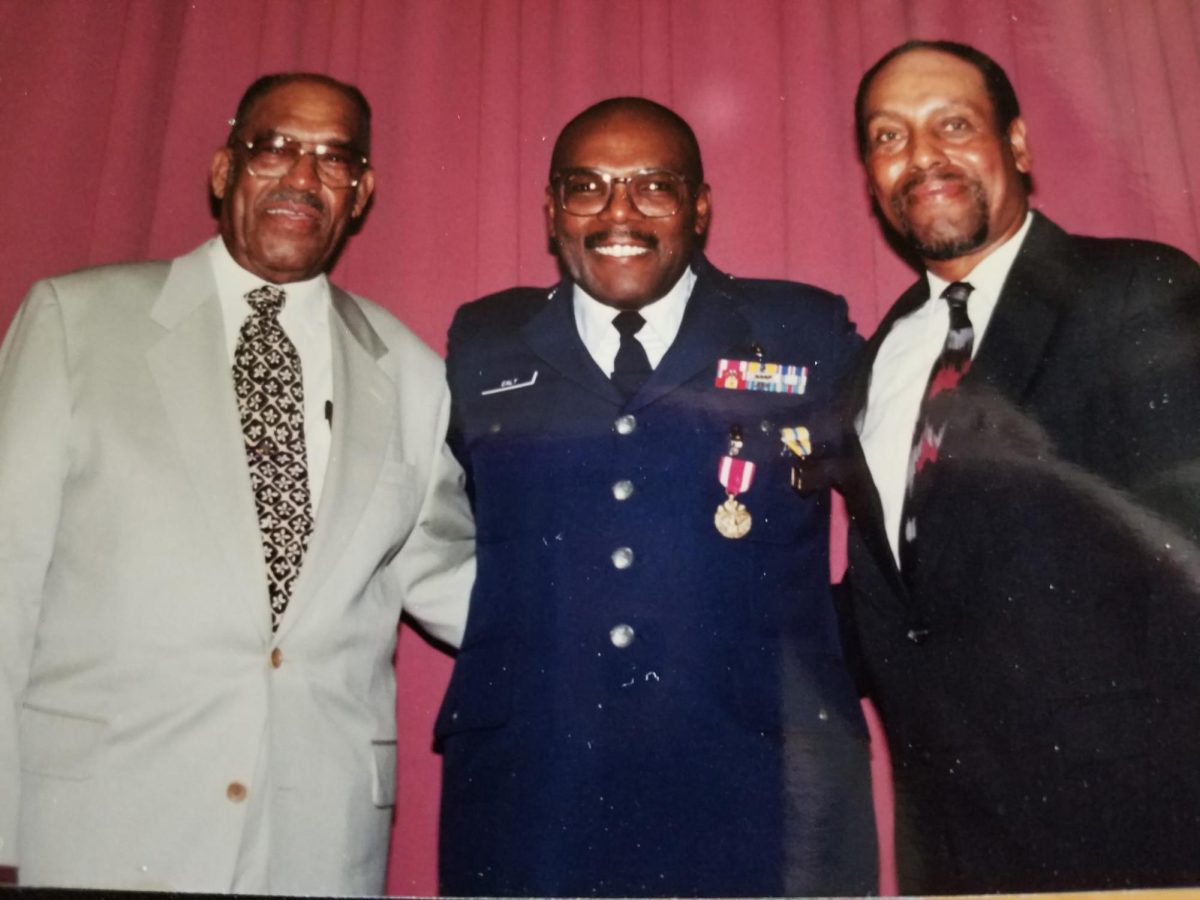By Scott Remer, Staff Writer
It started out as an offhand comment. One of my friends has always teased me. One day at lunch, she said something to the effect of, “You talk so much. I bet you couldn’t go without talking.” Because I like a challenge, I couldn’t resist. We quickly agreed to terms: I would be silent for seven days, from 8:00 to 2:45; I couldn’t talk, except to talk to a teacher. So it began.
At first, it was difficult. Some think that school inhibits socialization, but much of it is spent conversing. The desire to share our thoughts is with us in English class, during lunch—throughout the day.
Now multiply that by seven and you understand what I missed out on. Why, you ask, would someone do something like that? Was it for something valuable? Nope – the bet was mostly to prove I could stay silent, but I also took it on because my friend’s comment rang true. I was talkative enough that my friends stopped listening to what I said at lunch for a while. So, the bet was partially to see if they would notice my silence, partially for honor, and partially for chocolate.
Consider your reaction to the bet. Consciously or not, we place a premium on communication. We should consider why that is. Why are we so uncomfortable with si-lence?
Have you ever experienced true silence? When you’re asleep or sequestered in a quiet room, there’s always a background hum. Even when you’re out in the country surrounded for miles by fields, a symphony of soft noises can be heard. We’ve never heard true silence; of course we’d want to avoid its unknown depths.
Our modern society is built on hubbub. With the advent of texting, Twittering, cell phones, and other technology, we have become inundated by constant noise. Since our lives are structured around noise, silence has become foreign, relegated to the dusty shelves of libraries or the cloisters of monasteries.
Finally, our aversion to silence can be attributed to Western culture. We have no protocol for it. Silence is like a picture: it is worth a thousand words. Silences can convey anger, disinterest, sadness, sleepiness, or plain old awkwardness…because they are so indecipherable, we prefer to skip the guessing game and use small talk to bridge the gap.
Although silence is a leper in our culture, it has a storied history, spanning thousands of years. The vow of silence has figured prominently in Christian monasticism. The Carthusian Order was founded in 1084 and continues to the present day; adherents live in silence, permitted once yearly to take a long walk where they may speak.
In other religions, silent meditation has been used to achieve spiritual enlightenment. Patanjali, an Indian author, compiled the Yoga Sutras around the second century BCE. Nowadays, Hinduism, Buddhism, and Jainism all use dhyana and dharana, steps in his Sutras, to achieve enlightenment through fixed concentration and higher contemplation.
In 2007, The Daily Mail, a British newspaper, published the story of Ben Grocock, who stayed silent for ten years after his parents forced him to undergo a tonsillectomy when he was three. He finally ended his silence at the age of thirteen, but for ten years he managed to remain almost completely silent, conversing only with his brother when they were alone and utilizing written notes and hand signals to com-municate with others.
For me, the physical aspect of being silent wasn’t bad. There is, after all, a wide repertoire of facial expressions one can use, and I was still able to manage a cheery wave or two. That being said, talking to others is invaluable. I tripped over my tongue when I was allowed to resume speech at 2:45, and I probably overcompensated for my silence by talking too much. I can only imagine how much you’d need to talk after a year.
While I’m not advocating a year of silence, I learned a great deal from my brief period of alogia. Every so often, I felt a calm and clarity I hadn’t ever possessed. Looking around the cafeteria, I heard the omnipresent buzz for what it was: mindless chatter. Don’t get me wrong; small talk is good, but too often, we forget the importance of listening and reflecting.
While true silence is unattainable, let’s mimic our silent peers by quieting down a little. They’re channeling millennia-old wisdom: Ecclesiastes 3:1-7 says, “There is a time to every purpose under heaven…a time to be silent and a time to speak.” We would be wise to listen.









Isarr • Nov 23, 2009 at 11:17 AM
I wouldn’t call The Daily Mail a newspaper; it’s more of a tabloid.